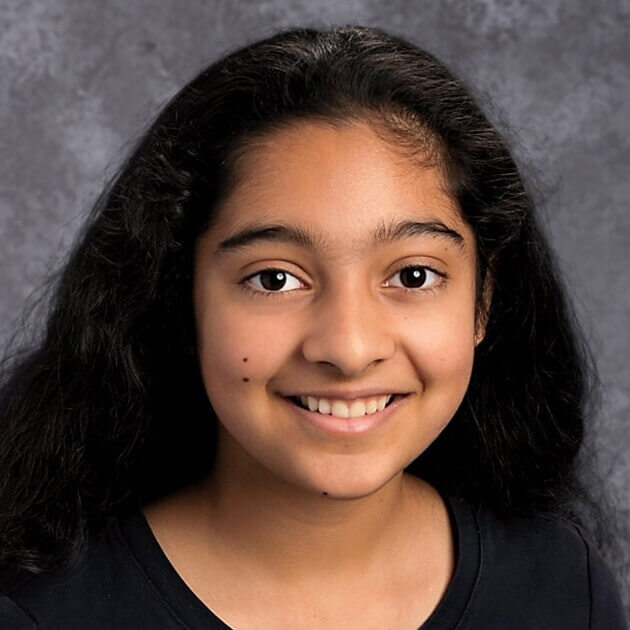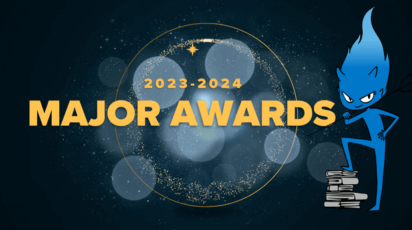News
Marisa Triola ‘24 Completes A.I. Scholars Program
Artificial Intelligence or AI is already part of our lives in smartphones and voice-activated devices – and those are just the tip of the burgeoning AI technology iceberg. So it was exciting when Marisa Triola ‘24 had the opportunity to participate in the AI Scholars Program, part of Inspirit AI, for two weeks this past summer.

A Forbes article about Inspirit AI reported, “…innovative educators and education companies are taking it upon themselves to create AI curricula for middle and high school students… One of these curricula is Inspirit AI, developed and run by Stanford and MIT alumni and graduate students. It offers ‘AI boot camps’ for high school students from around the world.”
“I got involved in Inspirit AI after my dean [Alexis Perez] reached out to me with this opportunity,” explained Triola. “Everything was done virtually. In fact, I met peers from not only different states, but from different countries also.” She learned AI fundamentals and completed the AI project, “Fake News Detection” on a team with four other students. “I worked with an AI mentor to improve the quality and authenticity of online content by classifying websites as fake or real using real website data.”
What is machine learning?

Anyone who scrolls and clicks on their social media account teaches the machine.
“In the first week, I learned about machine learning with Python [a programming language].” Asked what “machine learning” is, Triola explained, “Machine learning is similar to statistics, but there is overlap between the two categories, making it hard to draw a line between machine learning and statistics. Broadly, machine learning is often defined as being computer programs that read through large amounts of data and recognize patterns that humans cannot. For instance, a computer could graph data on more than three axes while humans are limited to imagining in three dimensions. With these patterns, machine learning can make predictions with much more accuracy than computers can. Additionally, machine learning algorithms can quickly make many mathematical calculations, allowing them to give different levels of importance, or weights, to different factors or pieces of data when making predictions. Machine learning can be trained to identify certain objects, and you may specifically encounter this with the facial recognition features in many devices.”
“Machine learning can also predict which posts on social media that individual users are more likely to click on; this feature is often used in social media platforms that show the user personalized feed.”
Creating the Learning Algorithim
“We used technologies including scikit-learn to train machine learning models to do things like predict the price of cars based on a data set,” she said, explaining, “This is a technology that goes with the programming language Python. It allows users to create machine learning algorithms more easily than with Python alone. I really enjoyed using scikit-learn because it allows the user to easily change parts of their model to make it predict more accurately. I would love to use scikit-learn more in the future to find patterns in data sets regarding other issues like climate change.”
“The second week,” Triola said, “I was placed with a group of students and a mentor to create our project, which used factors like keywords to determine whether a news article was fake.”
She added, “I have not done any other similar AI projects at Poly, but I would love to do so sometime in the future!”
“I am very interested in pursuing computer science as a career,” Triola said. “Though it is extremely broad, it interests me, and I love exploring all the things that can be done with it. I am also currently in Poly’s Girls Who Code club, which I really enjoy.”



